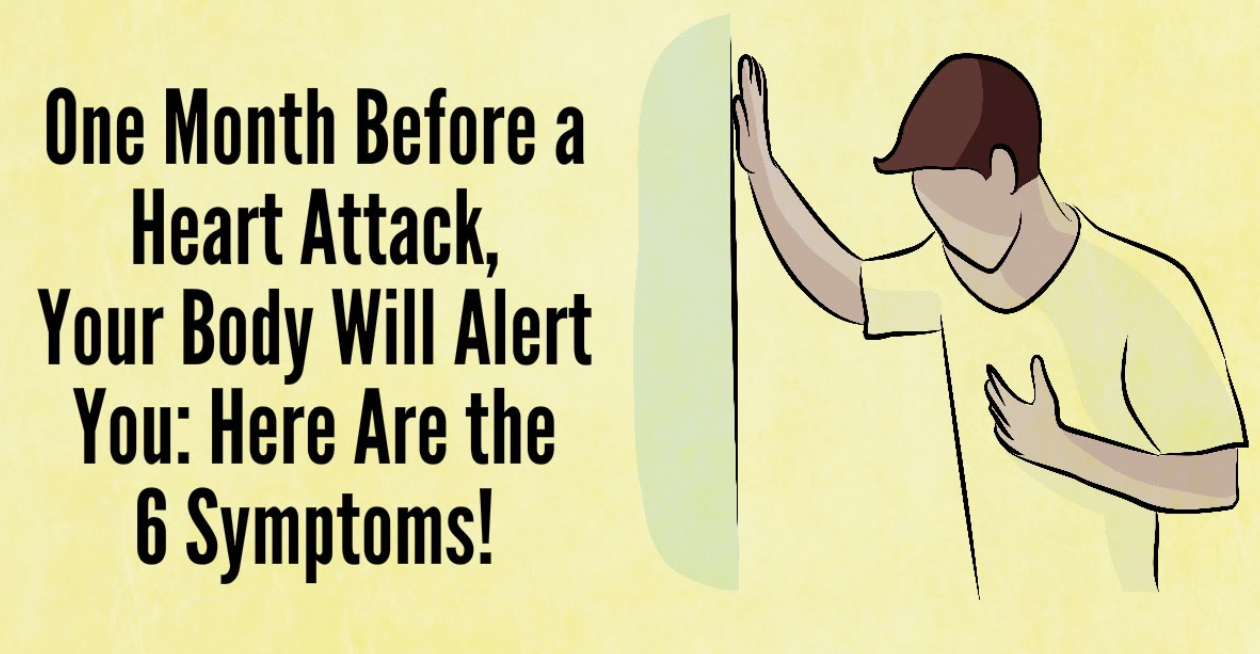As we age, it becomes even more crucial to take care of our cardiovascular health. By making small but impactful changes to our lifestyle, such as adopting a healthier diet and managing stress levels, we can protect our heart from potential harm.

Additionally, it is vital to recognize the warning signs that our body may send us about an impending heart failure. These symptoms usually begin to show up around a month before the actual event.
Recognizing the Symptoms
- Shortness of breath: When our lungs don’t receive enough oxygen, our heart doesn’t get the required blood flow. If you find yourself struggling with breathing, it is essential to consult your physician immediately.
- Cold and flu symptoms: Surprisingly, many people experience cold and flu-like symptoms before a heart attack occurs. If you notice persistent symptoms of a cold or flu, it may be wise to seek medical advice.
- Chest pressure: Feeling pressure or discomfort in the chest is a clear indication that a heart attack could be looming. Do not ignore this symptom and consult your physician promptly if you experience any chest pain.
- Weakness: When our arteries constrict, it hampers adequate blood flow. This lack of blood flow can deprive our muscles of the necessary nutrients and oxygen, potentially leading to heart failure. If you are constantly feeling fatigued and weak, it is essential to consult your physician.
- Cold sweats and dizziness: Poor circulation can disrupt the flow of blood to our brain, which is crucial for its proper functioning. Experiencing cold sweats and dizziness can be a sign of compromised blood flow to the brain, and it should be addressed by a medical professional.
- Drowsiness: If you constantly feel tired and drowsy even after getting enough rest, it could be a result of reduced blood flow to the heart. If this symptom persists for days, it is crucial to seek medical attention.
Prevention is Key
Preventing heart attacks is of utmost importance. By recognizing and addressing the symptoms mentioned above in a timely manner, we can significantly reduce the risk of heart attacks. It is vital to prioritize our cardiovascular health and make the necessary lifestyle changes to ensure a healthy heart.
Remember, your heart health matters, and taking care of it now can make a world of difference in the future.





